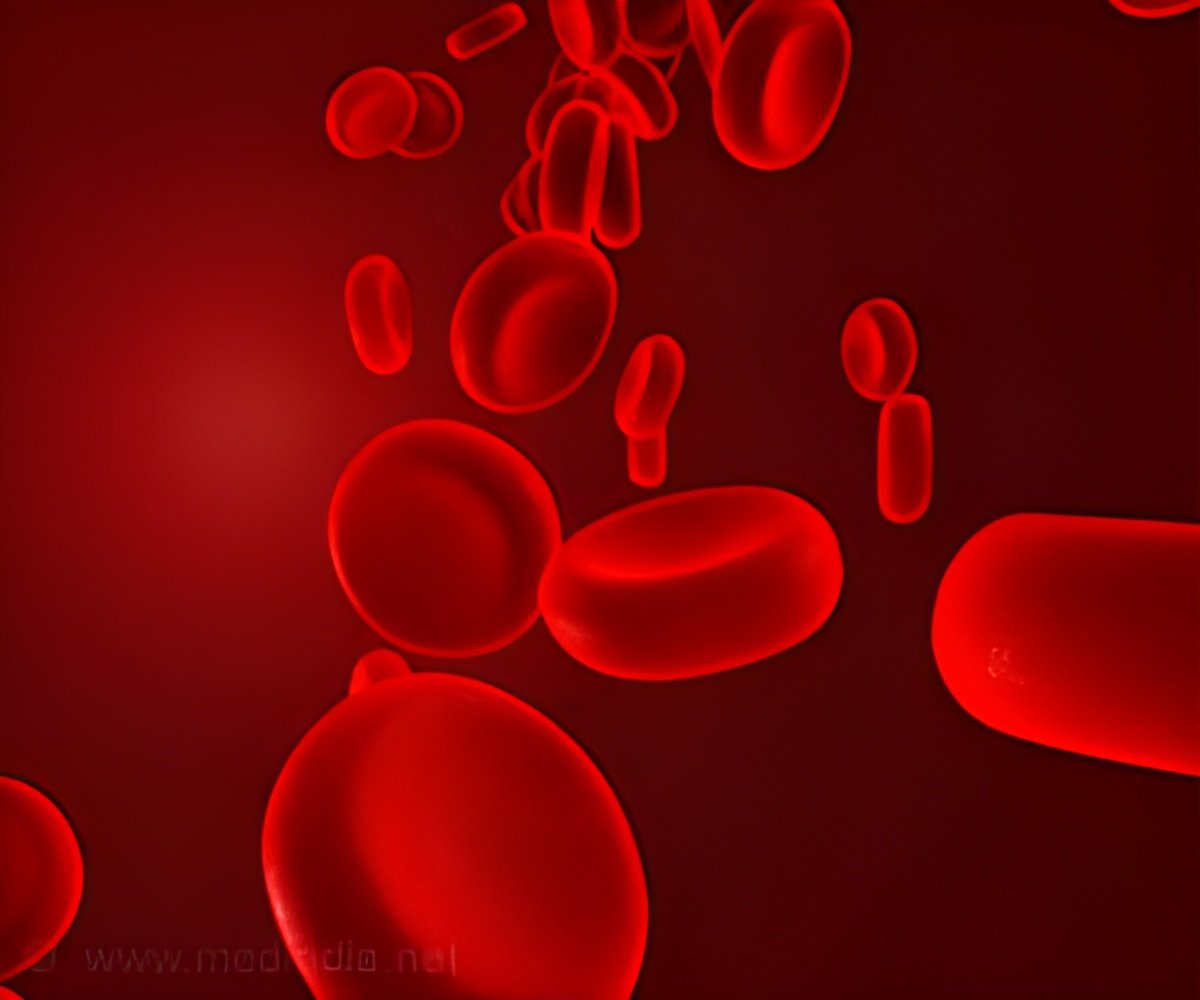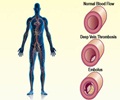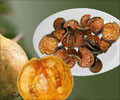Rutin, a compound usually found in fruits and vegetables and sold over the counter as a dietary supplement, has demonstrated to inhibit the formation of blood clots in an animal model of thrombosis.

"It's not always fully appreciated that the majority of Americans will die as the result of a blood clot in either their heart or their brain," says senior author Robert Flaumenhaft, MD, PhD, an investigator in the Division of Hemostasis andThrombosis at BIDMC and Associate Professor of Medicine at Harvard Medical School. "Approximately half of all morbidity and mortality in the United States can be attributed to heart attack or stroke."
The study focused on protein disulfide isomerase (PDI) which is found in all cells. Investigators in BIDMC's Division of Hemostasis and Thrombosis had previously shown that PDI is rapidly secreted from both platelets and endothelial cells during thrombosis, when a clot forms in a blood vessel, and that inhibition of PDI could block thrombosis in a mouse model.
"This was a transformative and unanticipated finding because it identified, for the first time, that PDI is secreted from cells in a live animal and is a potential target for preventing thrombosis," says Flaumenhaft. However, because intracellular PDI is necessary for the proper synthesis of proteins, the scientists had to identify a specific compound that could block the thrombosis-causing extracellular PDI – without inhibiting the intracellular PDI.
They began by conducting a high-throughput screen of a wide array of compounds to identify PDI inhibitors. Among the more than 5,000 compounds that were screened, quercetin-3-rutinoside (rutin) emerged as the most potent agent. "Rutin was essentially the champion compound," says Flaumenhaft.
Advertisement
The team went on to test rutin in a mouse model of thrombosis. Because they knew that humans would be taking rutin in pill form, they included studies in which the compound was administered orally and determined that it successfully retained its anti-thrombotic properties when it was metabolized following oral ingestion.
Advertisement
Even with the use of existing anti-clotting therapies, such as aspirin, clopidogrel (Plavix) and warfarin (Coumadin), each year there are approximately 400,000 recurrent episodes among patients who previously experienced a stroke or heart attack, says Flaumenhaft.
"A safe and inexpensive drug that could reduce recurrent clots could help save thousands of lives," he adds. "These pre-clinical trials provide proof-of-principle that PDI is an important therapeutic target for anti-thrombotic therapy, and because the FDA has already established that rutin is safe, we are poised to expeditiously test this idea in a clinical trial, without the time and expense required to establish the safety of a new drug."
Source-Eurekalert















